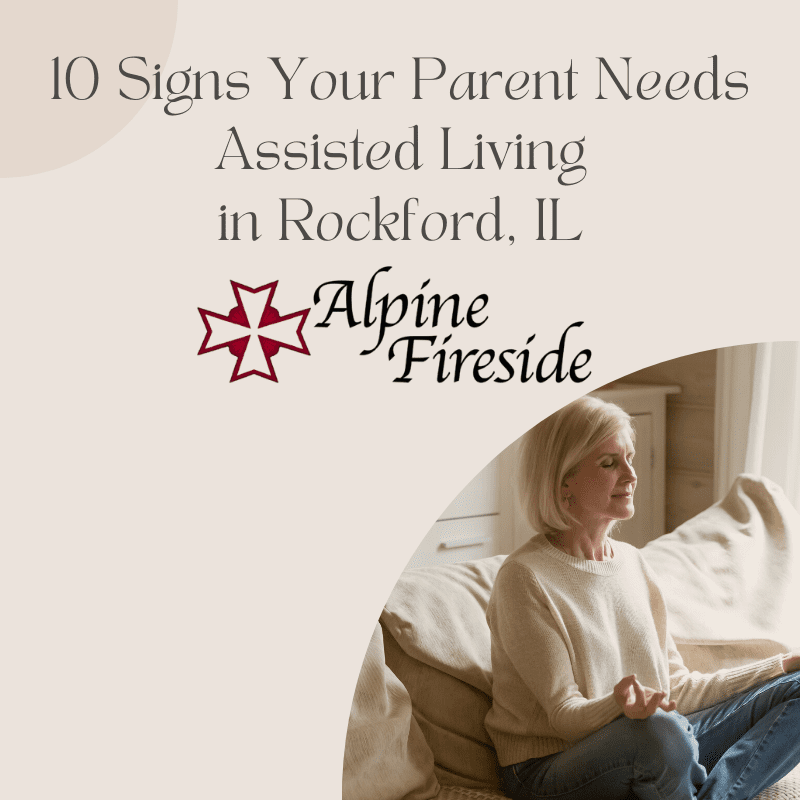How to Protect Seniors from Falls
As we age, the risk of falling increases significantly, and for seniors, falls can lead to severe injuries, loss of independence, and even death. At Alpine Fireside Health Center, we are committed to ensuring the safety and well-being of our residents. This comprehensive guide outlines effective strategies to protect seniors from falls, helping them live safely and confidently.
Understanding Risk Factors
- Age-Related Changes
- Chronic Medical Conditions
- Medications
- Environmental Hazards
- Footwear & Clothing
- Assistive Devices

Conducting a Fall Risk Assessment
Regular fall risk assessments are crucial for identifying and mitigating risks. Tools like the Timed Up and Go (TUG) test or the Berg Balance Scale can help evaluate balance and mobility. Based on the assessment results, personalized fall prevention plans can be developed.
Home Modifications & Environmental Safety
Creating a safe living environment is essential in preventing falls.
Living Areas
- Remove Clutter: Keep pathways clear and secure loose rugs.
- Lighting: Ensure adequate lighting in all areas, especially in hallways and staircases. Nightlights can help seniors navigate in the dark.
Bathroom Safety
- Grab Bars and Non-Slip Mats: Install grab bars near the toilet and in the shower. Use non-slip mats in the bathtub and on the bathroom floor.
- Shower Chair or Bench: Provide a stable seat for showering to prevent slips.
Staircase Safety
- Handrails: Install handrails on both sides of the staircase.
- Step Markings: Ensure steps are well-lit and clearly marked to distinguish each step.
Promoting Physical Activity and Strengthening Exercises
Regular physical activity helps maintain muscle strength and balance, reducing fall risk.
- Recommended Exercises: Activities like tai chi, yoga, and resistance training improve balance, flexibility, and strength.
- Safe Exercise Environment: Ensure a safe, clutter-free area for exercising, and consider supervised exercise programs if necessary.
Reviewing Medications
Regular medication reviews with healthcare providers can identify drugs that may increase fall risk. Adjusting dosages or switching medications can reduce side effects like dizziness or drowsiness.
Vision and Hearing Care
- Regular Check-Ups: Schedule regular eye and ear examinations.
- Eyeglasses and Hearing Aids: Keep prescriptions up to date and ensure that glasses and hearing aids are worn as needed.
- Adequate Lighting: Ensure that living spaces are well-lit to compensate for vision impairments.
Proper Nutrition and Hydration
Good nutrition and hydration are key to maintaining muscle strength and bone health.
- Preventing Dehydration: Encourage regular fluid intake to prevent dizziness and confusion associated with dehydration.
- Nutrient-Rich Diet: Include foods high in calcium and vitamin D to support bone health. Consider supplements if necessary.
Educating Seniors and Caregivers
Ongoing education on fall prevention is essential for both seniors and caregivers.
- Training and Resources: Provide training on fall prevention techniques and use of assistive devices. Share resources like brochures and online materials.
- Open Communication: Foster a culture of open communication between seniors, caregivers, and healthcare providers to address any concerns promptly.
Utilizing Assistive Devices
Assistive devices like walkers, canes, and grab bars can significantly reduce fall risk if used correctly.
- Proper Use and Maintenance: Ensure devices are properly fitted and regularly maintained.
- Customization: Tailor devices to individual needs to enhance stability and confidence.
Emergency Preparedness
Having a plan in place for emergencies is crucial.
- Emergency Plan: Create a clear plan for what to do in case of a fall. Ensure seniors know how to call for help and have easy access to emergency contacts.
- Medical Information: Keep a list of medications and medical conditions easily accessible for emergency responders.
- Education: Educate seniors on how to get up safely after a fall and when to seek medical attention.
Preventing falls is a multifaceted approach that involves understanding risk factors, modifying the living environment, promoting physical activity, reviewing medications, and educating both seniors and caregivers. By taking these proactive steps, we can help seniors live safely and independently. For more information and support, contact Alpine Fireside Health Center. Together, we can create a safer environment for our loved ones.




